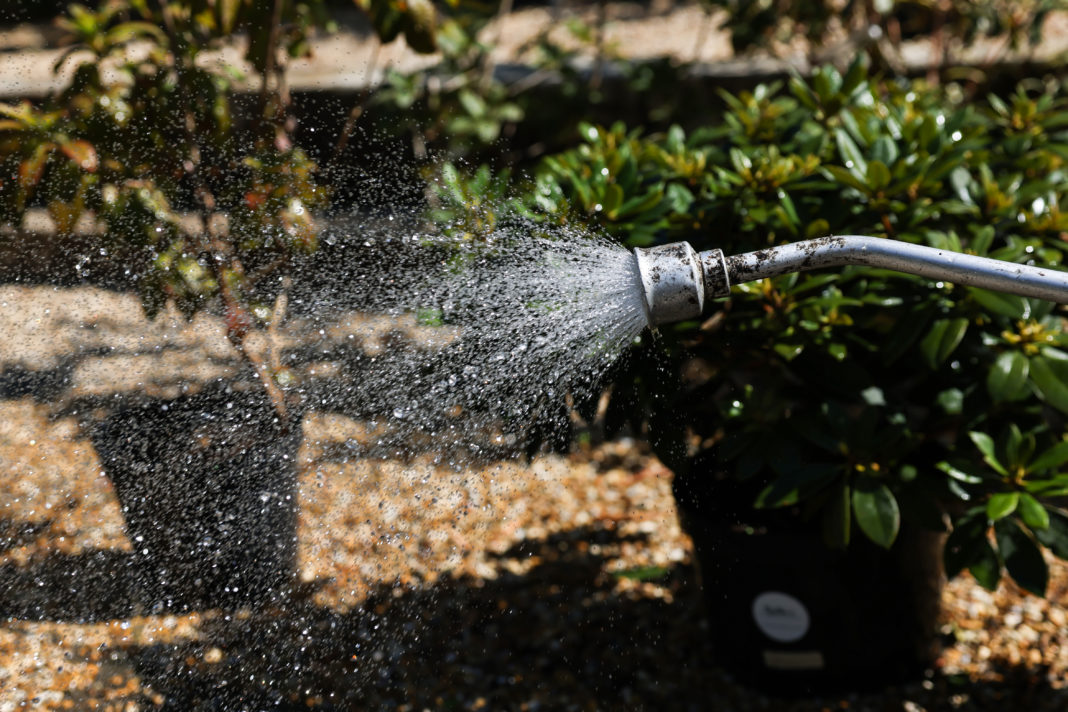Britain’s largest water provider on Wednesday became the latest UK supplier to announce restrictions on usage as swathes of England grapple with a punishing drought.
Thames Water, which supplies 15 million people in London and some surrounding counties, said the ban on hoses would begin on August 24.
It asked domestic customers not to use hoses for cleaning cars, watering gardens, filling paddling pools and swimming pools and cleaning windows.
Those flouting the rules could face fines.
It is reportedly the first such restriction imposed on the British capital in a decade.
The action comes after water providers in most of Wales, southern and southeast England imposed bans of their own, while suppliers in parts of southwest and northern England have announced imminent restrictions.
The measures take the total number of customers set to be under such bans by the end of next week to nearly 30 million.
It comes after a drought was officially declared across most of England last week following the driest July since 1935.
The country also saw its all-time temperature record smashed, surpassing 40 degrees Celsius (104 degrees Fahrenheit) for the first time in July.
Experts overwhelmingly agree that climate change caused by humans is driving extreme weather events like heatwaves and droughts, which are happening more frequently and are more severe.
Thames Water said last month was the driest July in its area since 1885, and that the River Thames had reached its lowest level in 17 years, starving reservoirs in the Thames Valley and London.
The source of the river in western England has shifted several miles downstream due to the arid conditions.
Multiple heatwaves over the summer have led to the highest demand for water in over 25 years, with spikes in some areas of 50 percent, the firm said.
Thames Water CEO Sarah Bentley said implementing the ban had been “a very difficult decision”.
“Water resources in our region are depleted,” she said.
“We now have to move into the next phase of our drought plan to conserve water, mitigate further risk and future-proof supplies.”
© Agence France-Presse










